Kambodża to kraj o wyjątkowej historii, kulturze i niesamowitych zabytkach. Znana na całym świecie z Angkor – monumentalnego kompleksu świątyń z czasów imperium Khmerów, a także z pięknych plaż i dzikiej przyrody. Kambodża oferuje turystom wiele atrakcji, od starożytnych ruin po tropikalne lasy i wspaniałe jeziora.
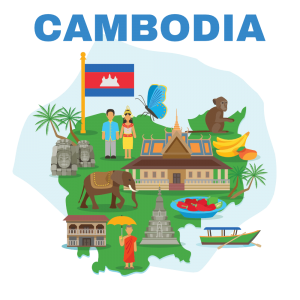
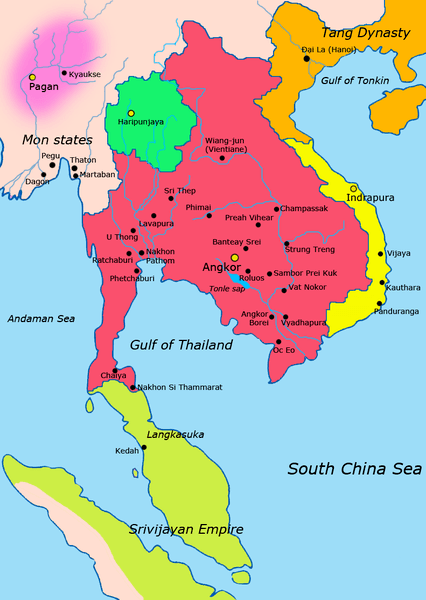
The United Khmer State was founded in present-day Cambodia in the 9th century. Over the next 400 years, Cambodia grew into territorial, architectural and cultural power (on the map in red). During the European Middle Ages, the stone city of Angkor and its numerous temples were created, among others. With the death of the last king of the empire, it began to decline thanks to its neighbors: Thailand (then Siam) and Vietnam, and the influx of Europeans in the 16th century.
Cambodia became a French colony in the nineteenth century, thus beginning the struggle for independence. The darkest moments of Cambodia's history were not to take place until 1976, when the communist guerrilla supported by China and Russia (Khmer Rouge) changed the name of the state to Kampuchea and introduced their bloody terror. It is estimated that in 1975-1979 under the Khmer Rouge almost 25% of the Cambodian population died. The country became a great labor camp, and to fight the "old order", banks and money were set on fire. The education system was completely destroyed, killing all intelligence - where all who wore glasses or who had not had sufficiently worked hands were considered to be intelligence. Instead of studying, the children had to work, and for hours of work they received only a little rice, which many of them did not survive. Only the invasion of the Vietnamese army put an end to the 1979 genocide. The Khmer Rouge governments left a huge mark on the whole country.
Kambodża jest w większości buddyjskim krajem, a buddyzm theravadyjski stanowi religię około 95% mieszkańców. Buddyzm w Kambodży ma głęboki wpływ na życie codzienne, od rytuałów w świątyniach po obyczaje społeczne. W kraju znajduje się wiele świątyń buddyjskich, a mnisi mają szczególne miejsce w społeczeństwie. Buddyzm theravadyjski w Kambodży łączy w sobie tradycyjne nauki Buddy z wiarą w duchy przodków oraz animizm. W wielu świątyniach buddyjskich, rytuały te obejmują ofiary I modlitwy, prosząc duchy natury I przodków o błogosławieństwo w życiu codziennym.
W Kambodży występują również mniejszości wyznaniowe, takie jak chrześcijanie i muzułmanie, jednak ich liczba jest znacznie mniejsza.
Buddyzm i religijne obrzędy mają ogromne znaczenie w życiu Kambodżan, a świątynie buddyjskie są nie tylko miejscami modlitwy, ale także ważnymi centrami kulturalnymi.
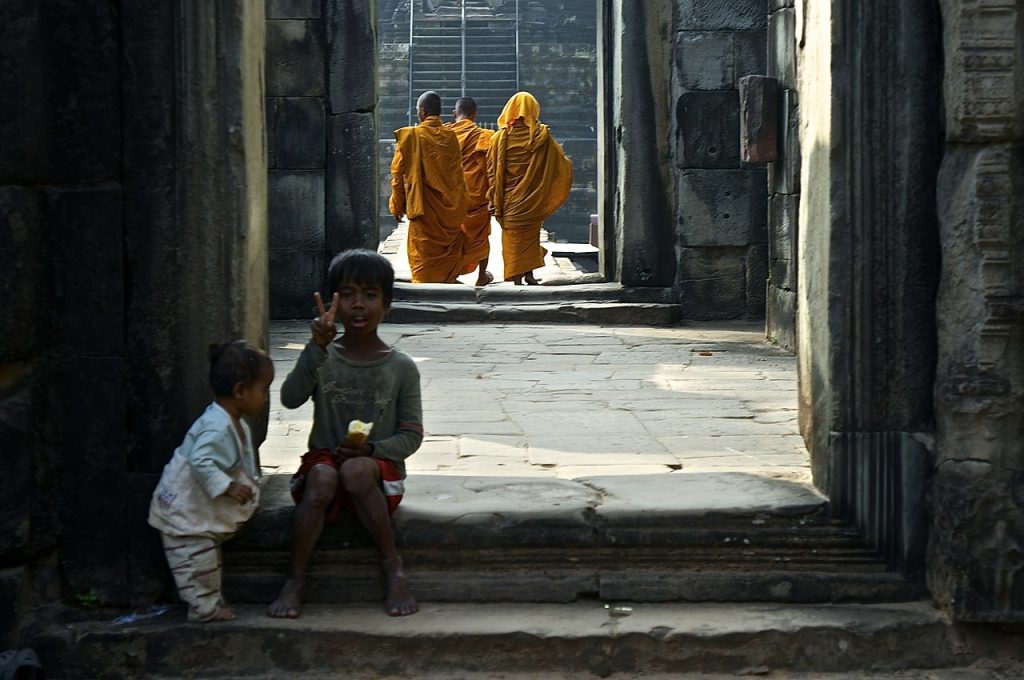
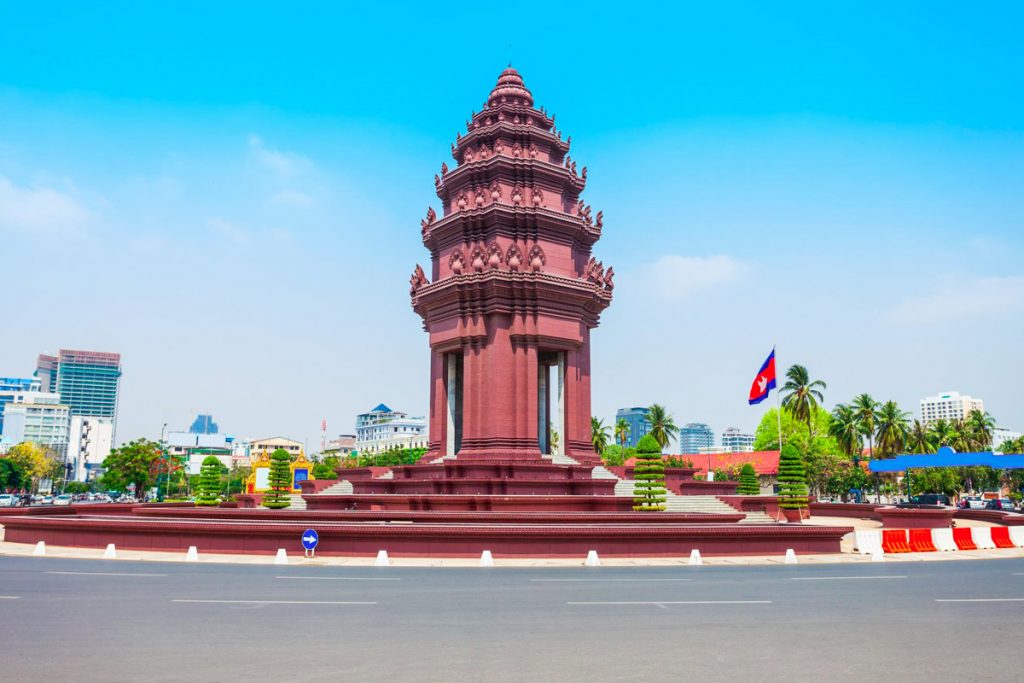
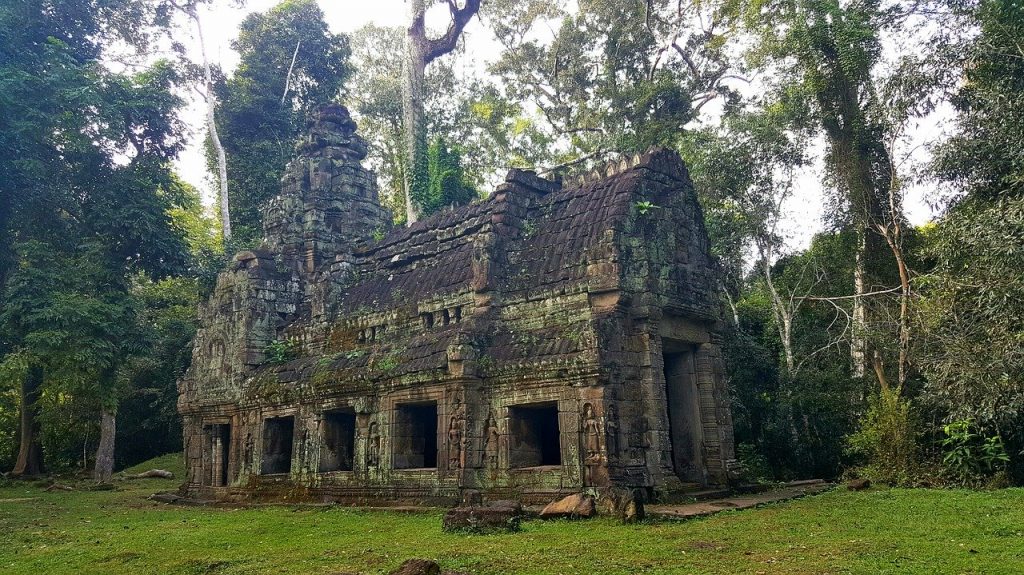
Kambodża ma klimat tropikalny, z trzema porami roku: pora deszczowa (od maja do października), pora chłodna (od listopada do lutego) i pora gorąca (od marca do kwietnia).
– Pora deszczowa: Od maja do października w Kambodży występują obfite opady deszczu, zwłaszcza w centralnej i południowej części kraju. Temperatury są wysokie, ale wilgotność powietrza sprawia, że może być nieco ciężko.
– Pora chłodna: Najlepszy czas na wizytę w Kambodży, z temperaturami wynoszącymi około 25–30°C i mniejszymi opadami.
– Pora gorąca: Od marca do kwietnia, kiedy temperatury mogą przekraczać 35°C, a wilgotność powietrza jest bardzo wysoka.
Najlepszy czas na podróże to listopad-luty, kiedy pogoda jest chłodniejsza i bardziej sprzyjająca zwiedzaniu.
Kuchnia kambodżańska jest w dużej mierze inspirowana kuchnią tajską i wietnamską, ale ma swoje unikalne cechy. Dominują w niej ryż, ryby, owoców morza, warzywa oraz przyprawy.
– Amok: Najbardziej charakterystyczne danie Kambodży – curry rybne z mlekiem kokosowym, gotowane w liściu bananowca.
– Lok Lak: Tradycyjna kambodżańska potrawa z wołowiny, podawana z ryżem, cebulą, ogórkiem i jajkiem sadzonym.
– Nom Banh Chok: Popularne śniadanie w Kambodży, składające się z makaronu ryżowego, warzyw i zupy z ryb.
– Sambal: Pikantny sos z chilli i czosnkiem, który często towarzyszy potrawom.
W Kambodży popularne są również przekąski jak suszona ryba czy krewetki w glinie.
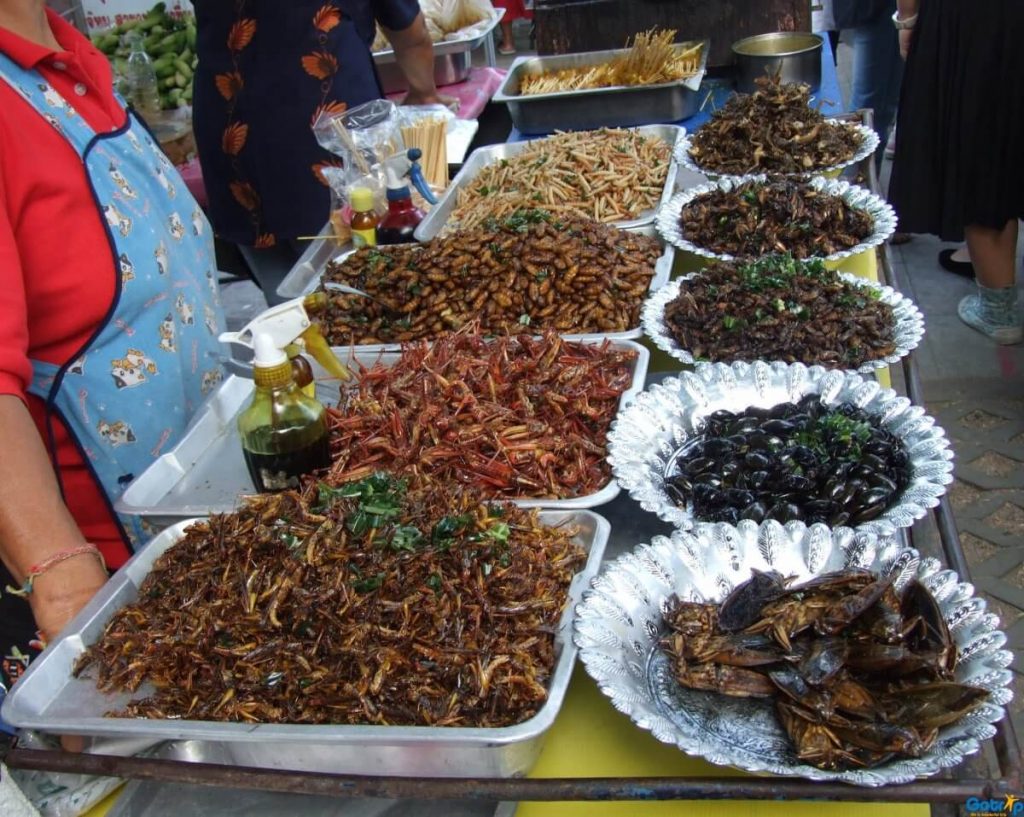
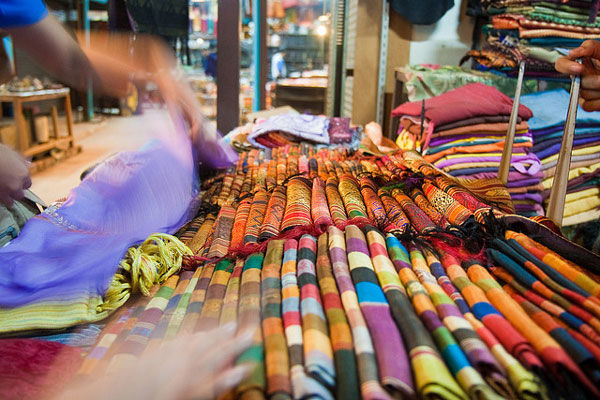
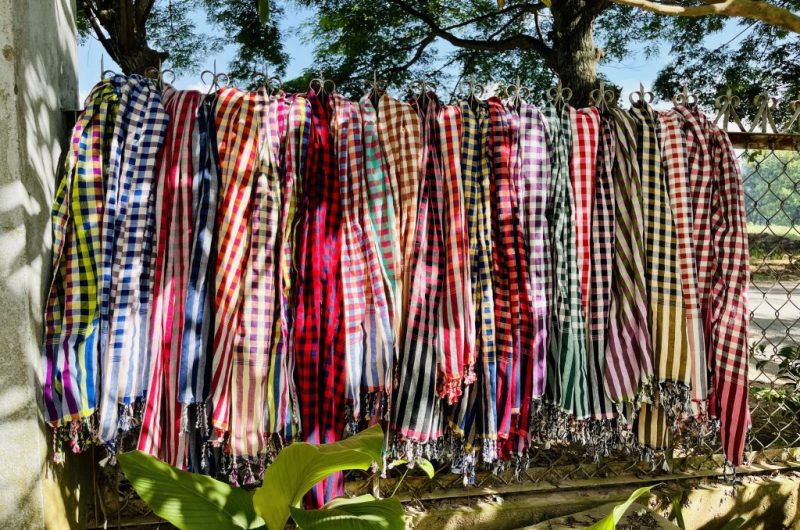
Kambodża oferuje turystom wiele oryginalnych pamiątek, które są doskonałym przypomnieniem z podróży:
1. Ręcznie robione wyroby rzemieślnicze – W Kambodży znajdziesz piękne rzeźby z drewna, ceramikę i ręcznie malowane tkaniny, a także obrazy z naturalnej skóry.
2. Jedwabne wyroby – Kambodża jest znana z produkcji jedwabiu. Można tu znaleźć jedwabne chusty i sukienki.
3. Bambusowe akcesoria – Kosze, miski, talie i inne produkty wykonane z bambusa.
4. Tradycyjna biżuteria – Kambodża oferuje także biżuterię ręcznie robioną z kamieni półszlachetnych, takich jak turkus.
5. Pamiątki związane z Angkor – Modele świątyń, obrazy, książki o Angkorze to jedne
z najczęściej wybieranych pamiątek. Pamiętaj, że nielegalne jest przywożenie do kraju wyrobów z kości słoniowej lub skór zwierząt egzotycznych.
Transport w Kambodży jest stosunkowo tani i prosty. Najczęściej wykorzystywane środki transportu to:
– Taksówki: W miastach takich jak Phnom Penh i Siem Reap dostępne są taksówki. Warto zawsze upewnić się, że taksometr jest włączony.
– Tuk-tuki: Jednym z najpopularniejszych środków transportu w Kambodży są tuk-tuki – pojazdy na trzy koła, które zabierają pasażerów na krótkie dystanse.
– Autobusy: Autobusy to najczęstszy sposób transportu na dłuższe dystanse. Kambodża ma dobrze rozwiniętą sieć autobusową łączącą miasta.
– Motocykle: Można wynająć skuter, by samodzielnie zwiedzać okoliczne atrakcje.
Większość dużych miast, jak Phnom Penh czy Siem Reap, oferuje szeroką gamę środków transportu, które są tanie i dostępne przez cały dzień.
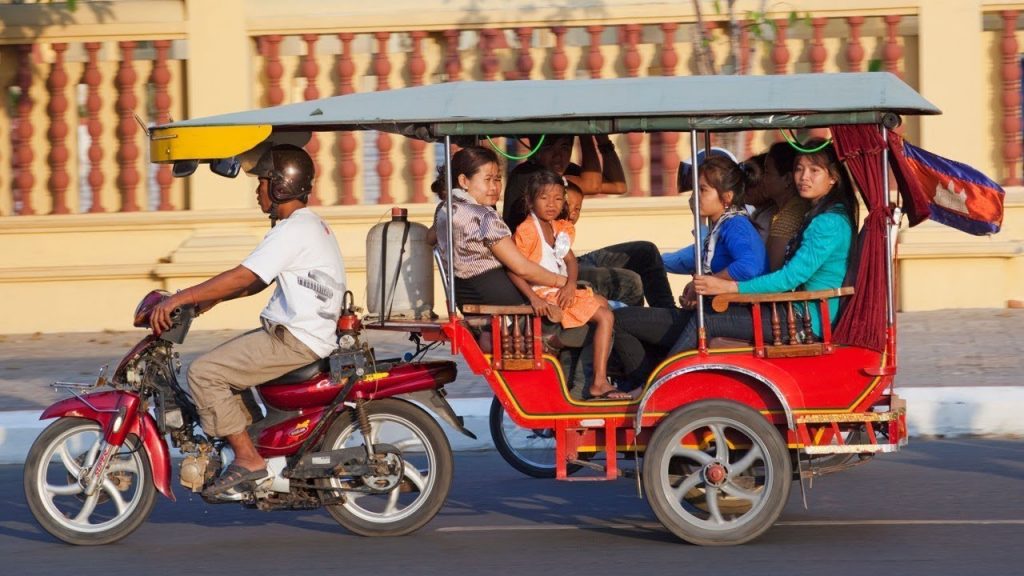
You mainly associate Cambodia with the temple complex around Siem Reap, but that's not all that this beautiful country has to offer:
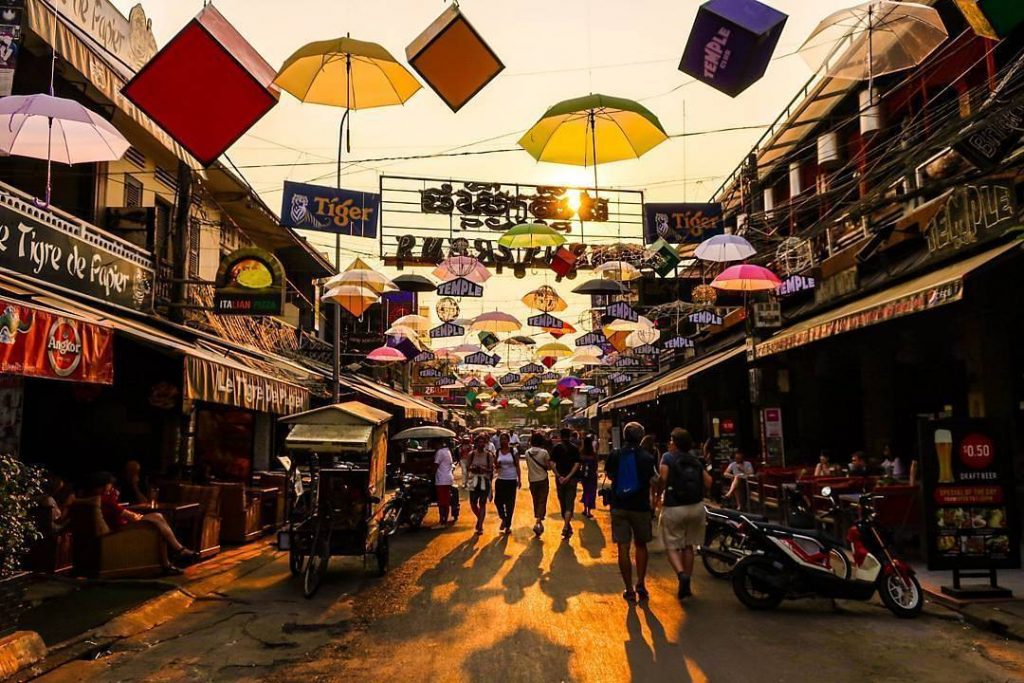
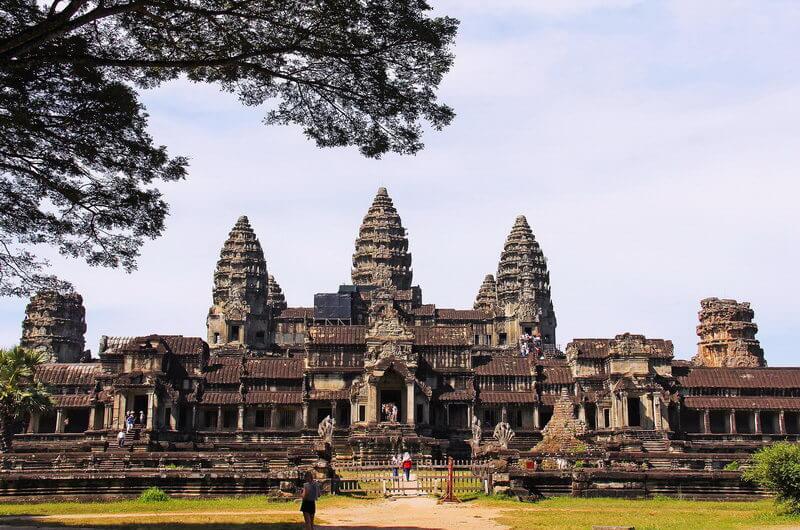
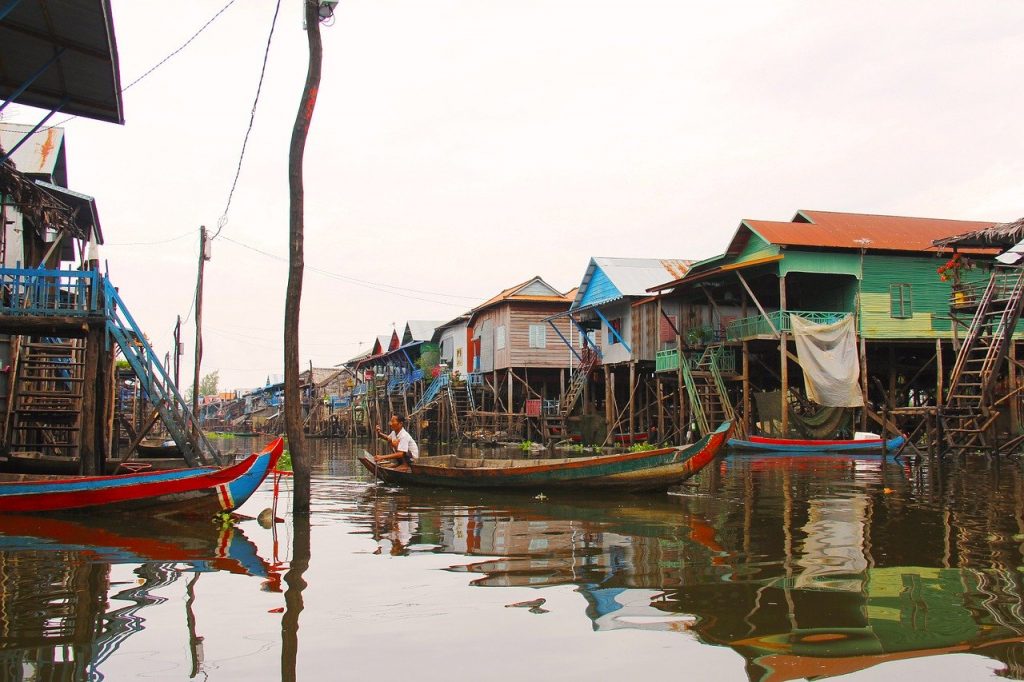
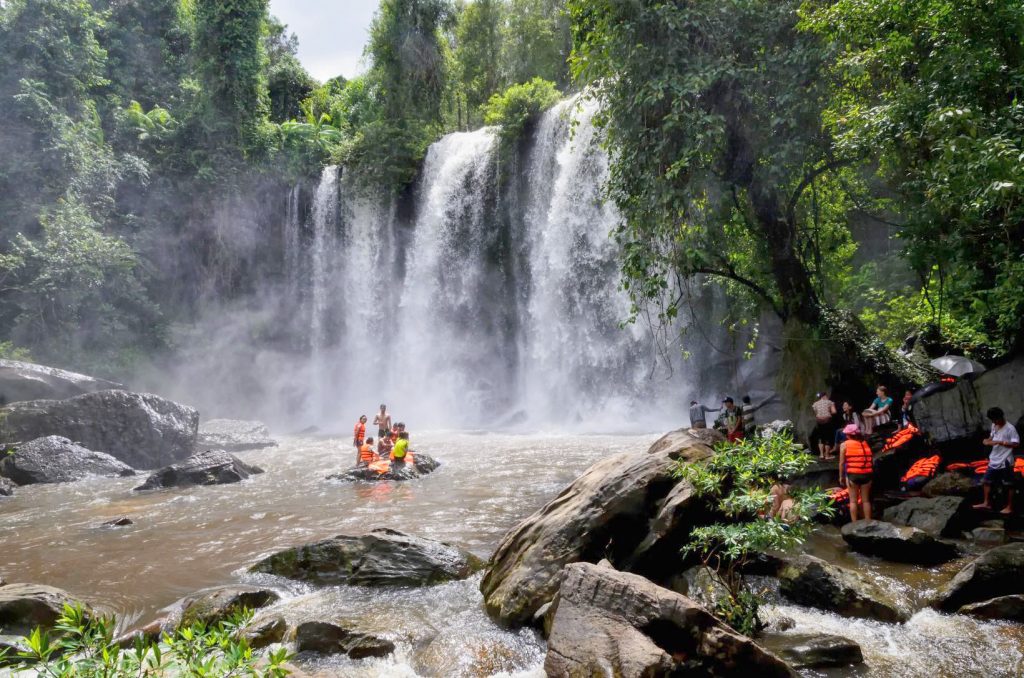

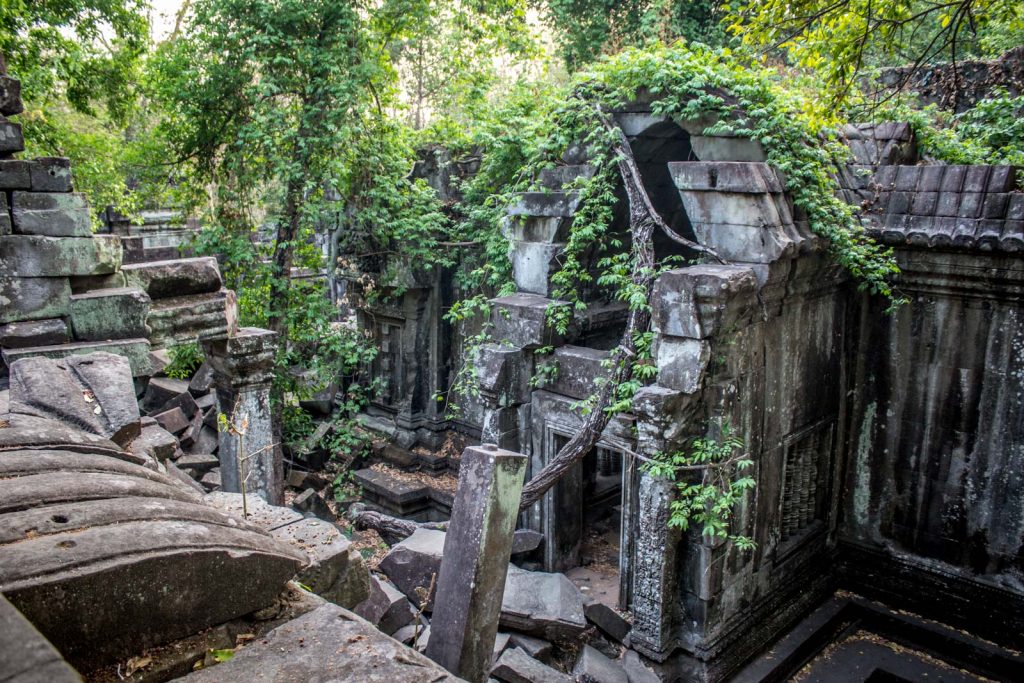
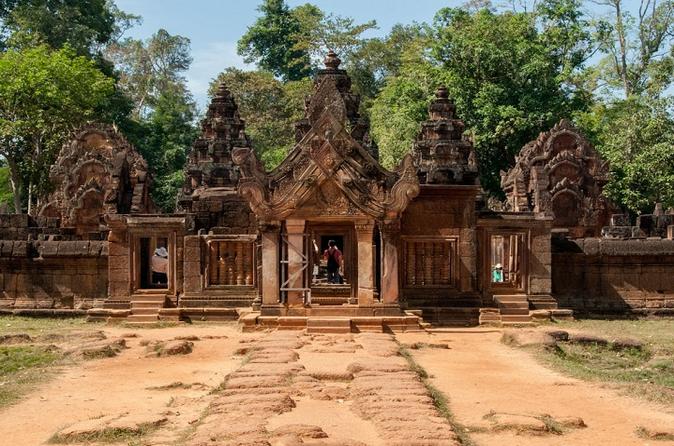
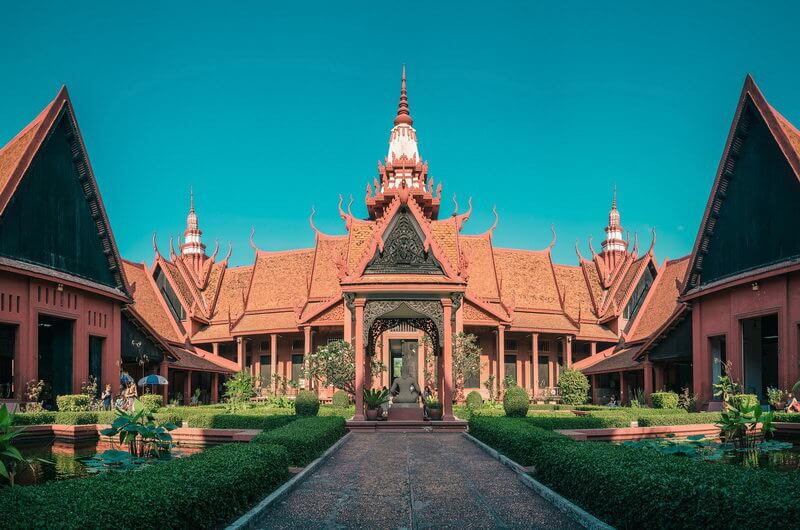
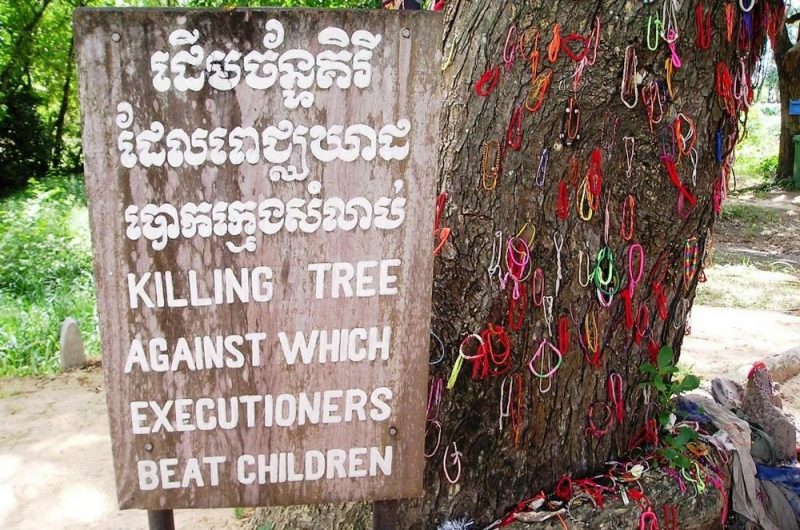
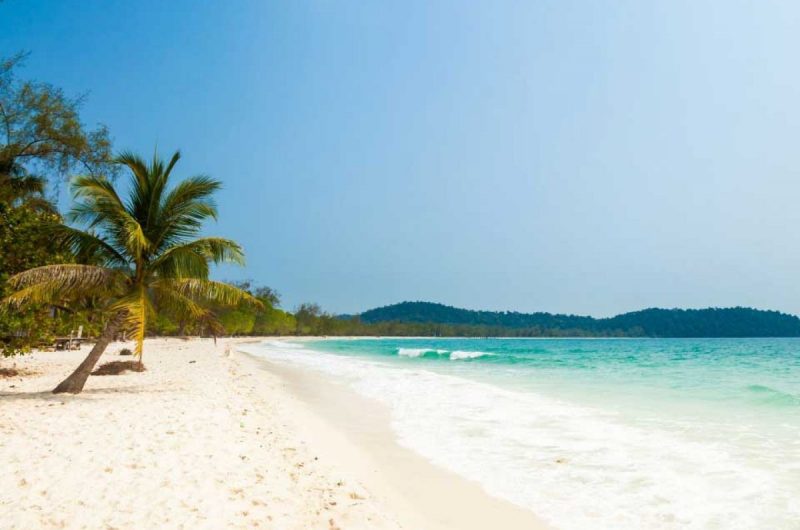
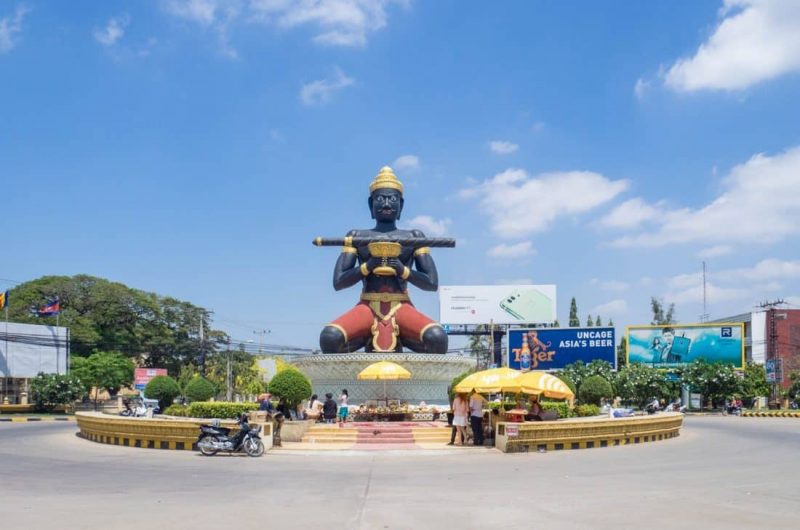
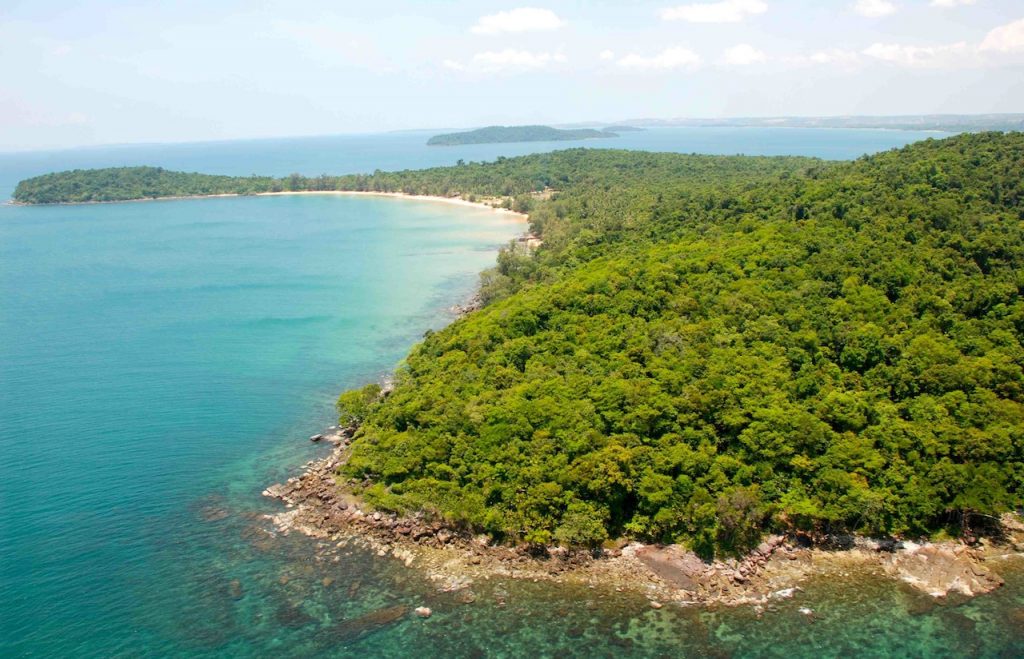
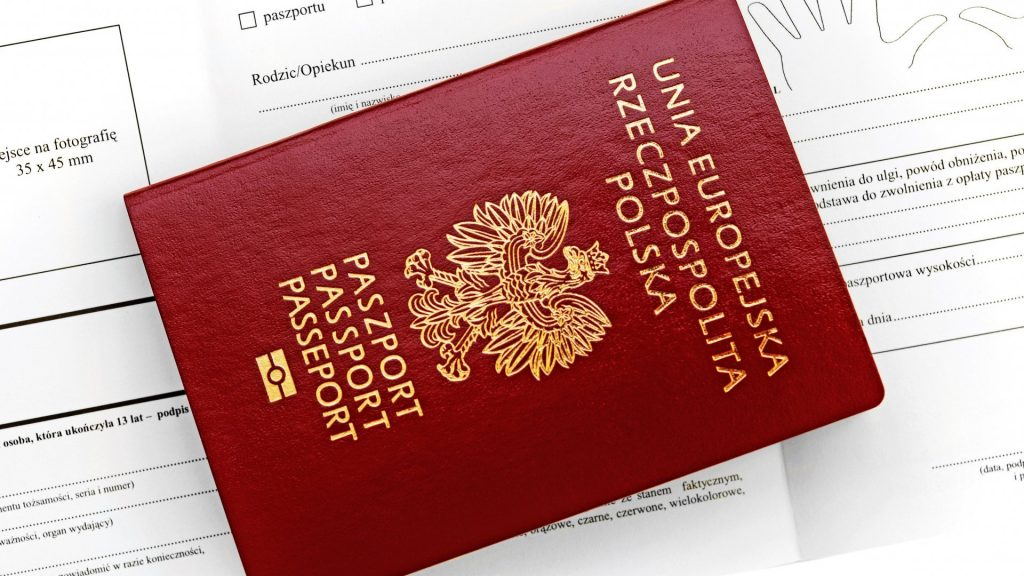
Obywatele Polski potrzebują wizy turystycznej do Kambodży. Istnieją trzy główne opcje uzyskania wizy:
– Wiza on Arrival: Obywatele Polski mogą uzyskać wizę po przylocie na lotnisku w Kambodży. Wiza wydawana jest na 30 dni.
– eVisa: Można aplikować o wizę elektroniczną (eVisa) online przez stronę rządu Kambodży na 30 dni pobytu.
– Wiza przez ambasadę: Jeśli planujesz dłuższy pobyt, musisz ubiegać się o wizę w ambasadzie Kambodży w Polsce lub w najbliższej ambasadzie.
Przed podróżą do Kambodży warto skonsultować się z lekarzem medycyny podróży w celu dostosowania szczepień do indywidualnych potrzeb.
– WZW A i B: Zaleca się szczepienie przed wyjazdem.
– Dur brzuszny: Szczepienie przeciwko tej chorobie jest zalecane, szczególnie dla osób, które planują podróże do rejonów wiejskich.
– Tężec: Konieczność uzupełnienia szczepienia w przypadku osób, które nie były szczepione przez 10 lat.
– Malaria: Zalecane w rejonach wiejskich, zwłaszcza w pobliżu granic z Wietnamem
i Tajlandią.

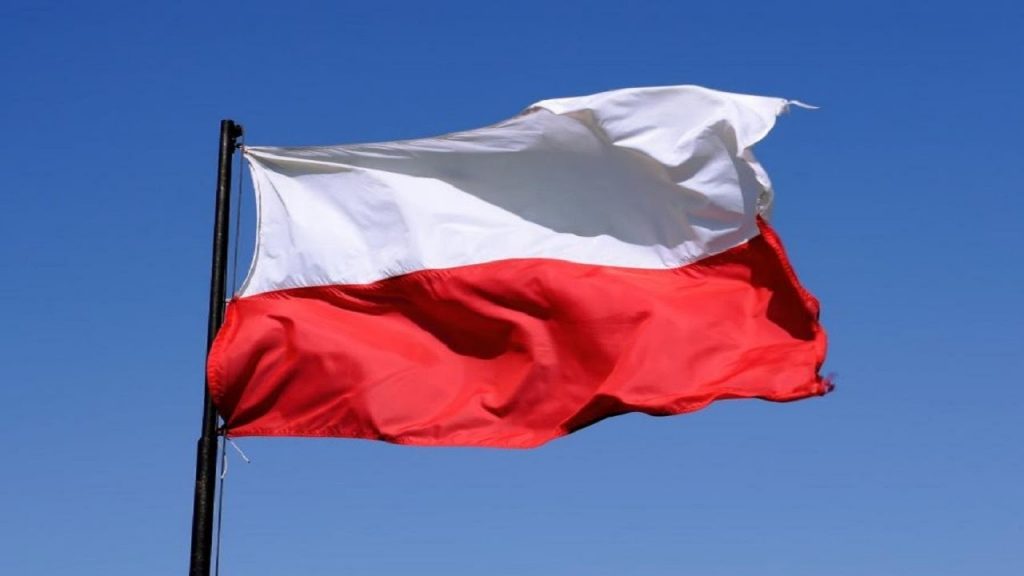
Ambasada RP w Kambodży została zlikwidowana w 2008 roku, a sprawy dyplomatyczne i konsularne dla tego kraju prowadzi obecnie Ambasada RP
w Bangkoku (Tajlandia). Obywatele polscy w Kambodży podlegają jurysdykcji placówki w Tajlandii, która zapewnia wsparcie dyplomatyczne i konsularne. Ambasada RP
w Bangkoku (akredytowana w Kambodży): Jest to główna placówka obsługująca Kambodżę.
Dane kontaktowe: Adres: Athenee Tower, 63 Wireless Road, Lumpini, Pathumwan, Bangkok 10330. Pomoc konsularna: W sprawach nagłych, wymagających interwencji konsula, należy kontaktować się z ambasadą w Bangkoku.
1. Zadbaj o paszport – Twój paszport musi być ważny przez co najmniej 6 miesięcy od daty wyjazdu z Kambodży.
2. Zarezerwuj wizę wcześniej – Jeśli planujesz dłuższy pobyt, aplikuj o wizę online (eVisa) lub w ambasadzie Kambodży.
3. Zabierz odpowiednią odzież – Kambodża to kraj o tropikalnym klimacie, więc zabierz ze sobą lekkie ubrania i ochronę przed słońcem.
4. Sprawdź prognozy pogody – Najlepszy czas na wizytę to listopad-luty, kiedy panuje chłodniejsza i sucha pogoda.
5. Pamiętaj o ochronie zdrowia – Zaszczep się na WZW A i B, dur brzuszny, malarię, tężec.
6. Zadbaj o odpowiednią walutę – Walutą Kambodży jest riel (KHR), ale powszechnie akceptowane są też dolary amerykańskie.
7. Unikaj picia wody z kranu – Zalecamy picie tylko butelkowanej wody.
8. Bądź przygotowany na lokalne jedzenie – Kuchnia kambodżańska jest pyszna, ale ostre przyprawy mogą być wyzwaniem.
9. Zabezpiecz się przed słońcem – Zabierz krem z filtrem, kapelusz i okulary przeciwsłoneczne.
10. Zawsze miej przygotowane drobne na napiwki – Napiwki są mile widziane, ale nie obowiązkowe. Zwykle 1-2 USD wystarcza.
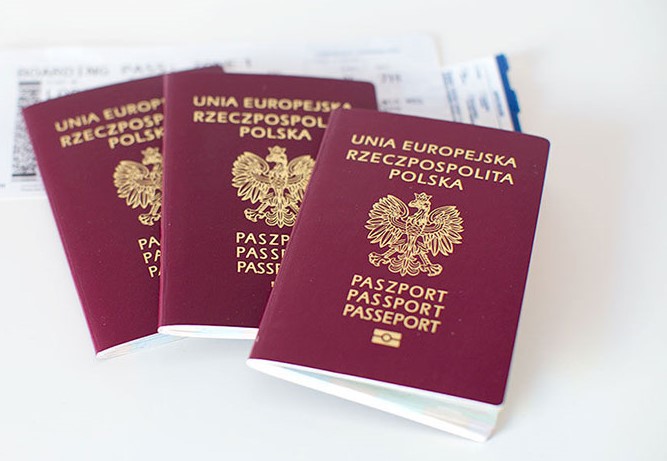
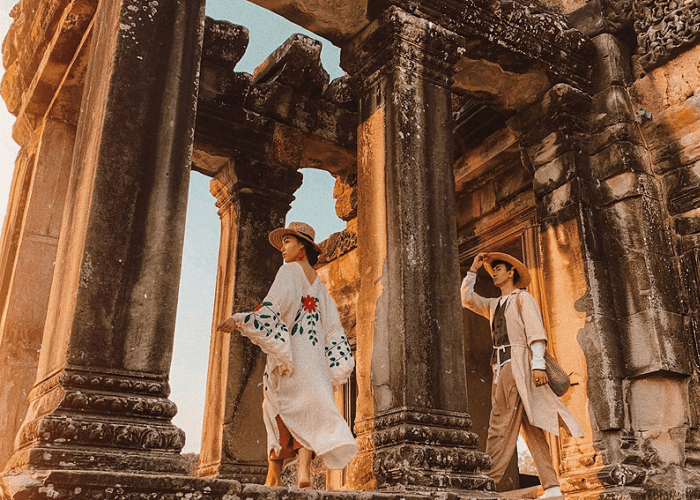
All content is protected by law. Use, copy or duplicate only with the consent of the website owner.
Copying content is subject to a handling fee.
2025 Polviet Travel